Stone masonry is an ancient technique that has been used for centuries in construction. It has been used to build houses, churches, bridges, and more. It is one of the oldest forms of construction known to man. It was invented when people started stacking stones on top of each other and binding them together with mortar or cement.
The history of stone structures goes back millennia. Stone structures were the earliest form of architecture, and the first architectural elements were stone. Stone has always been a valuable building material because it is relatively easy to mine, and it can be produced in a variety of shapes, sizes and textures. The earliest stones were usually hand-held stones that were stacked on top of each other to create shelter. As humans became more advanced in the understanding of materials, they were able to quarry stone more efficiently and create more efficient construction methods.
In modern times, stone masonry can be seen in construction projects all over the world. Stone masonry is still popular today because it is a durable material that can be used for many different applications like paving stones and hardscaping. Stone masonry provides a natural appearance without any need for paint or other decorations.
Several types of stone have been employed in construction for thousands of years. Stone is the most extensively used building material due to its extraordinary versatility and availability in various sizes, colours, shapes, and textures. Because of its great longevity, cheap maintenance, and superior artistic quality, stone has been utilised for everything from roofs to floors, arches, and walls. Few other building materials integrate with the natural landscape or can be recycled simply as stone.
Almost all of the world’s most magnificent structures use one or more varieties of stone.
From Castles and Roman Amphitheaters to the world’s Great Churches, stone allows you to create something that will withstand thousands of years. While it is an appealing building material, it ages pretty well and has unrivalled endurance.
Here are five of the most common varieties of stone used in North America.
The most often utilised building material in North America. It is a soft, porous rock made up of microscopic, sand-sized grains of mineral, stone, or organic material held together by a cementing substance. Because of mineral imperfections, sandstone can be any colour.
However, the most prevalent sandstone colours are brown, yellow, red, grey, pink, white, and black. Sandstone is a robust and stable building material when utilised and maintained appropriately, as seen by the many prehistoric, mediaeval, Georgian, and Victorian structures dispersed around the country.
Granite is a high-end construction material and one of the world’s oldest and most robust materials. Granite is a natural stone generated deep below by high heat and pressure, and depending on the mineral, it varies in colours from light grey to black, blue, pink, and green.
Granite was frequently employed in traditional buildings to offer strength and assure the building’s survival for future generations. While it is still a prominent building material, granite is also used for paving slabs, tiles, fireplaces, and kitchen countertops.
Limestone is a prominent building material commonly used to make pillars, facades, and other aesthetic features. Limestone is composed of calcium carbonate compacted at the sea’s bottom over time.
It may also include skeletal remnants of marine species like corals and molluscs.
Many people are unaware that limestone is one of the most resilient natural building materials. Although limestone naturally erodes with time, the corrosion is superficial and does not affect the structural integrity. Limestone is very weather-resistant.
Flagstone is stone that is used in hardscaping. It is a natural stone that has been quarried and cut into blocks or slabs. This stone has been used for centuries because it can be easily cut, shaped, and smoothed.
Flagstone Stone can be found in many colours, shapes, and sizes. Some of the most popular colours are black, grey, brown, green, and yellowish-greenish-greyish-brownish colour.
Flagstone is usually installed on a surface such as concrete or brick with mortar or cement adhesive to help it stay in place. Some people use flagstone as a pathway material because it’s easy to walk on and provides good drainage for people walking through wet areas like gardens or puddles.
While asphalt and concrete have been the go-to outdoor surfaces for years, they have very few benefits other than being one of the least expensive options. A better choice would be paving stones or Natural Interlocking Stone.
Interlocking pavers come from cement or concrete or natural stone such as Flagstone, granite, marble, limestone, sandstone and slate. Pavers made from concrete or cement tend to simulate the effects of cobblestone pathways.
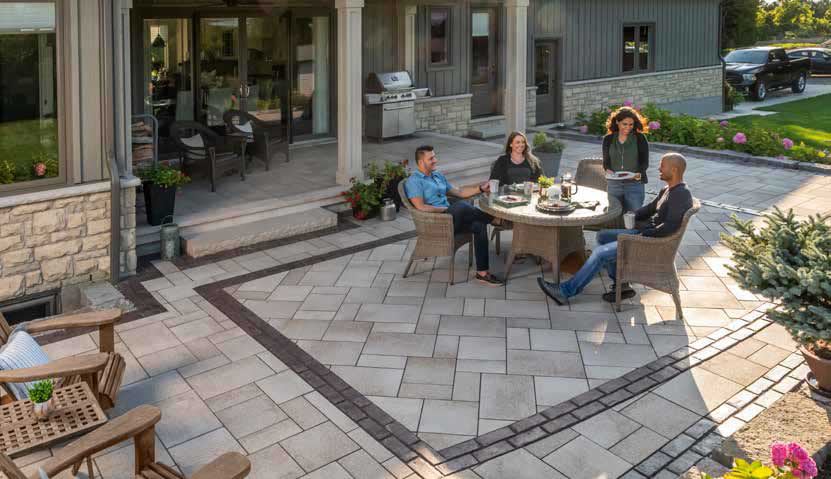
This unique interlocking feature enables paver installation without the use of mortar.
Interlocking pavers have the advantage of being an accessible self-installation paving material for the contractor.
Interlocking paver & Interlocking stone connect through sand and can cover any patio, decking, driveway or walkway. Pavers are an alternative to virtually any application that you would typically use, bricks or concrete.
Interlocking pavers are available in many colours and designs. They are modular, meaning that they connect to form a variety of geometric designs.
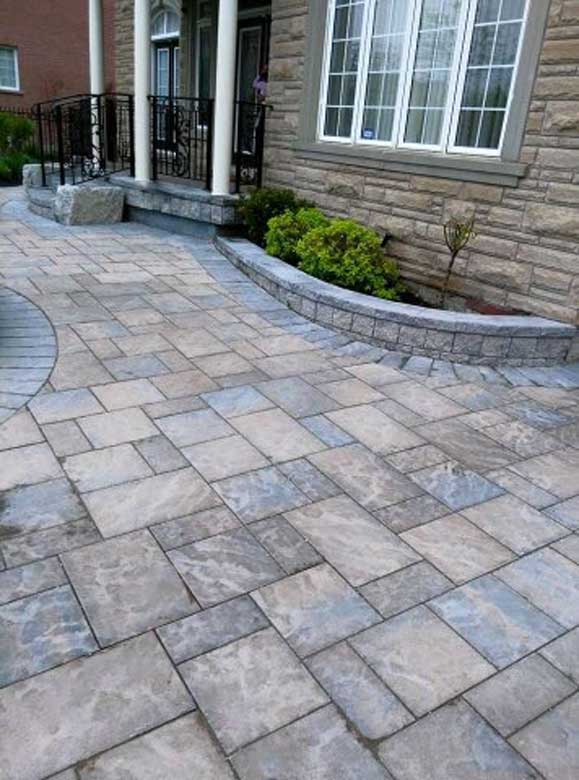
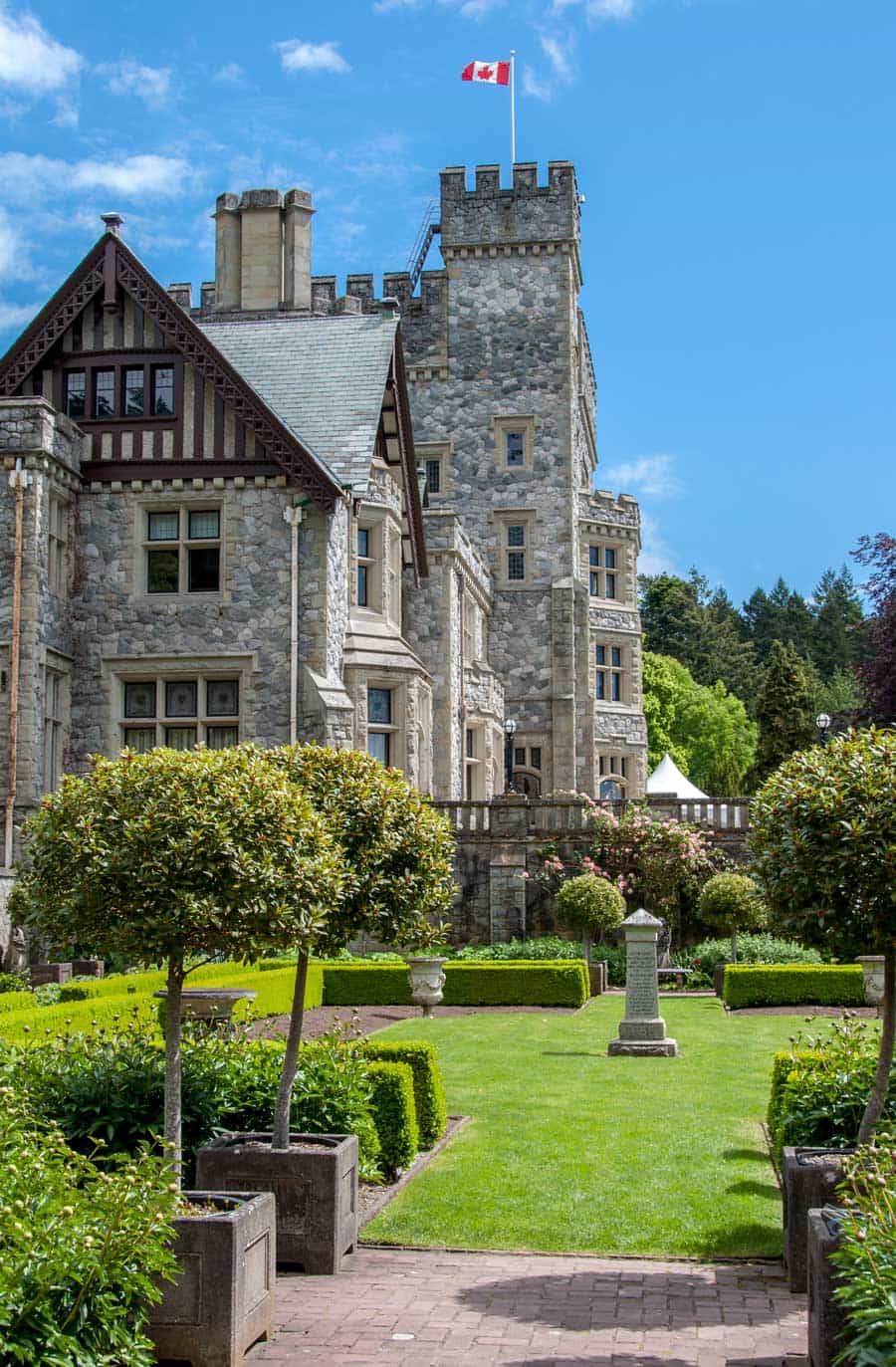
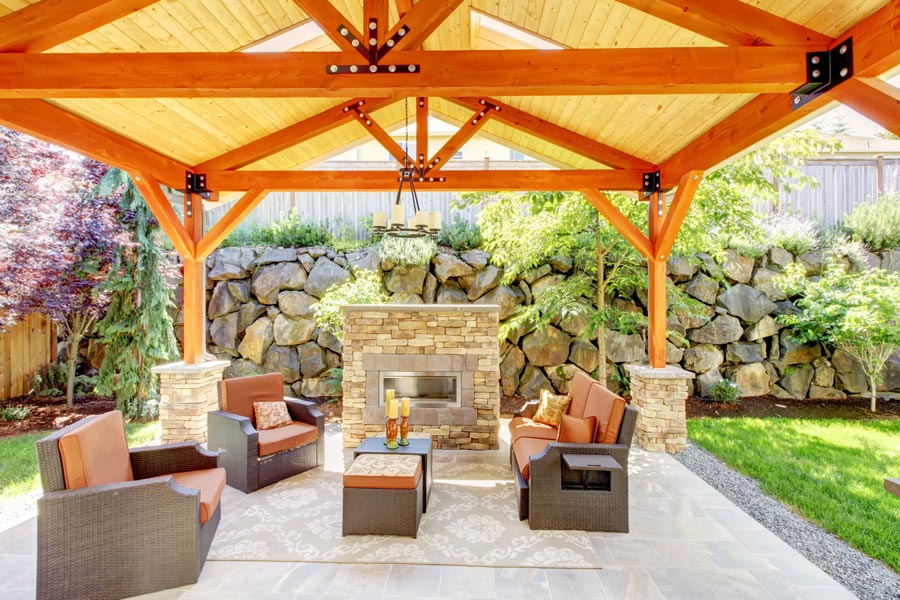
Armour Stone’s natural, beautiful and durable work is perfect for any outdoor project you have in mind. If your looking to makeover or create a new look we can manage the entire process from design through installation of our stone retaining walls on all shapes of terrain including hillsides!
When it comes to hardscape material such as stones that will be exposed year round Armour Stone has some unique features. With an extensive inventory spanning both rough cut landscape flagstones with their rugged beauty as well square/rough-cut flags there are many options available when considering what goes into creating these beauties at home while still maintaining durability against time and weather conditions like heatwaves, cold snaps, rain erosion etc…
The ruggedness of the armour stones can act as bold expressions in gardens. Small borders walls or curbs, either using natural stone or concrete objects complement their surroundings landscape. The rugged rocks are great ways to improve landscapes designs with their texture and visual interest.
The stone has been used for centuries to create a welcoming environment. When placed in the garden or entranceway, it presents an opportunity to be entertained by families and guests while also giving them soothing natural retreat from everyday life. The Armour Stone is available as retaining walls, step grading on driveways or pools, as well as edging around ponds and water features.
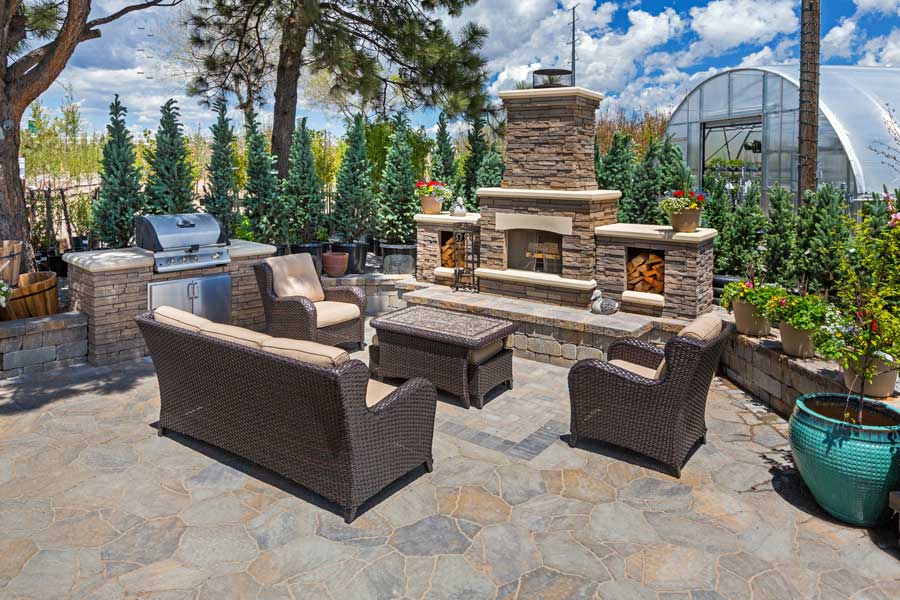
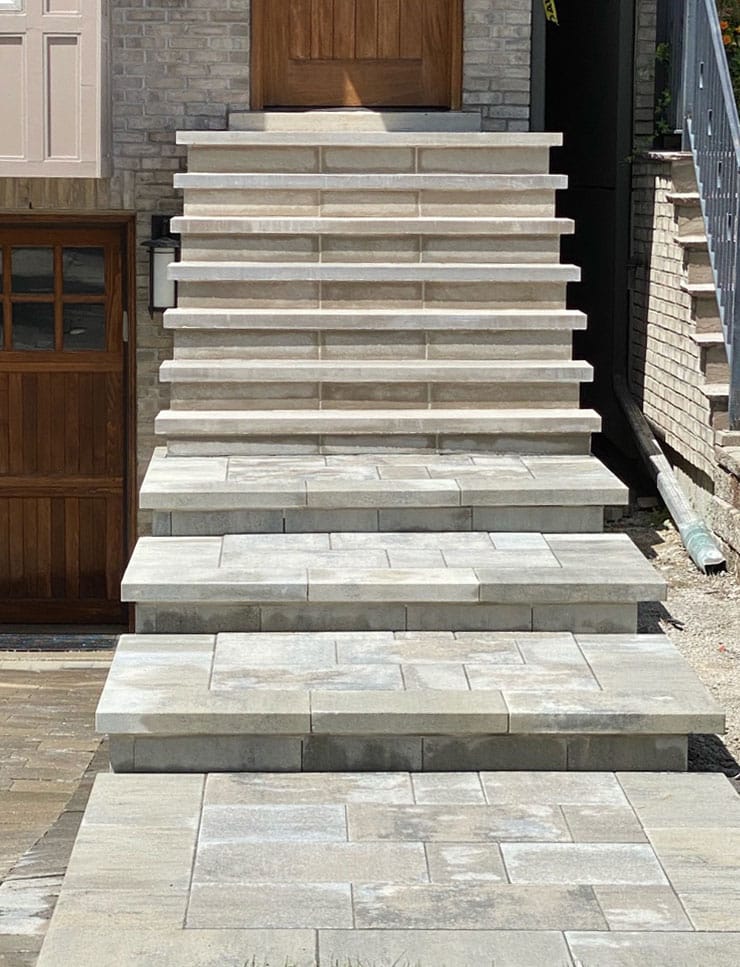
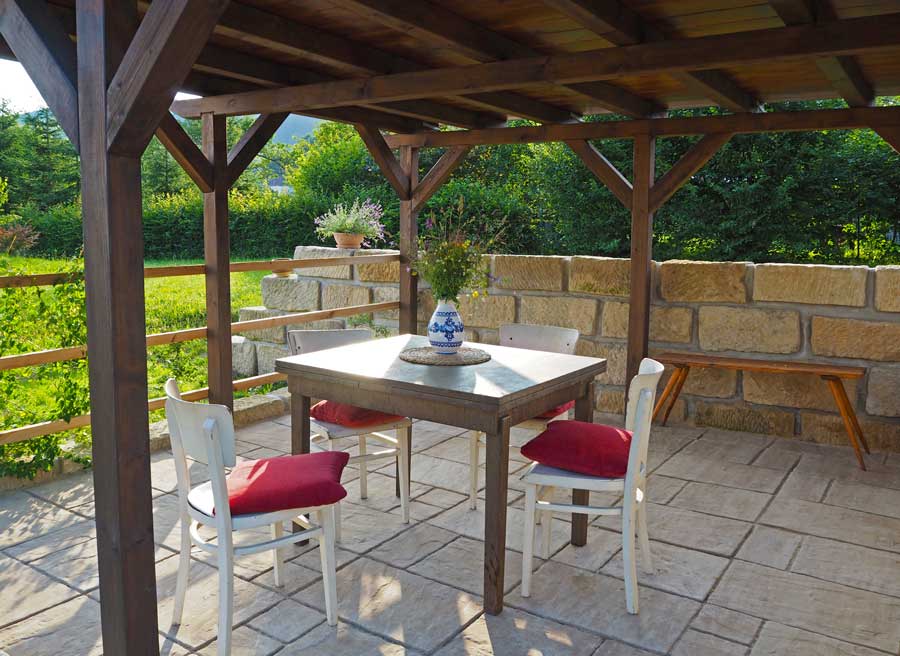
A&A Masonry is an award-winning Toronto based firm specializing in almost everything exterior.
Our mission is to offer a unique and reliable service in anything exterior within the Greater Toronto Area, differentiating ourselves from the competition by means of always delivering what we promise, on time and on budget.
Send us Email
ADDRESS
33 Billingham Road Etobicoke ON M9B 3X2